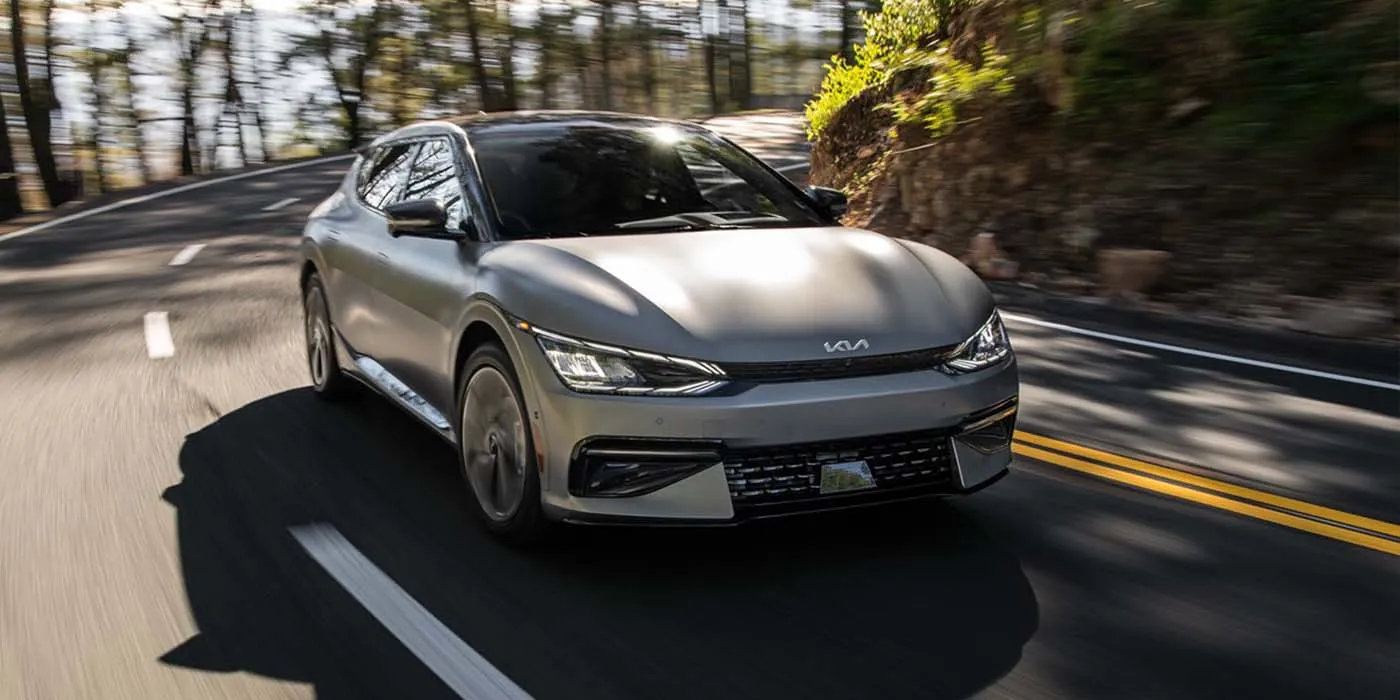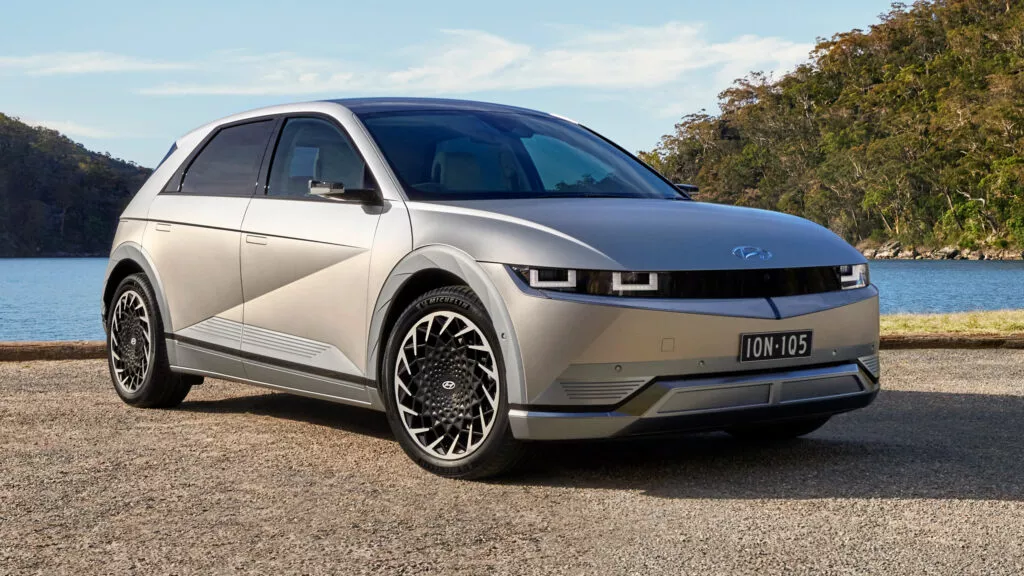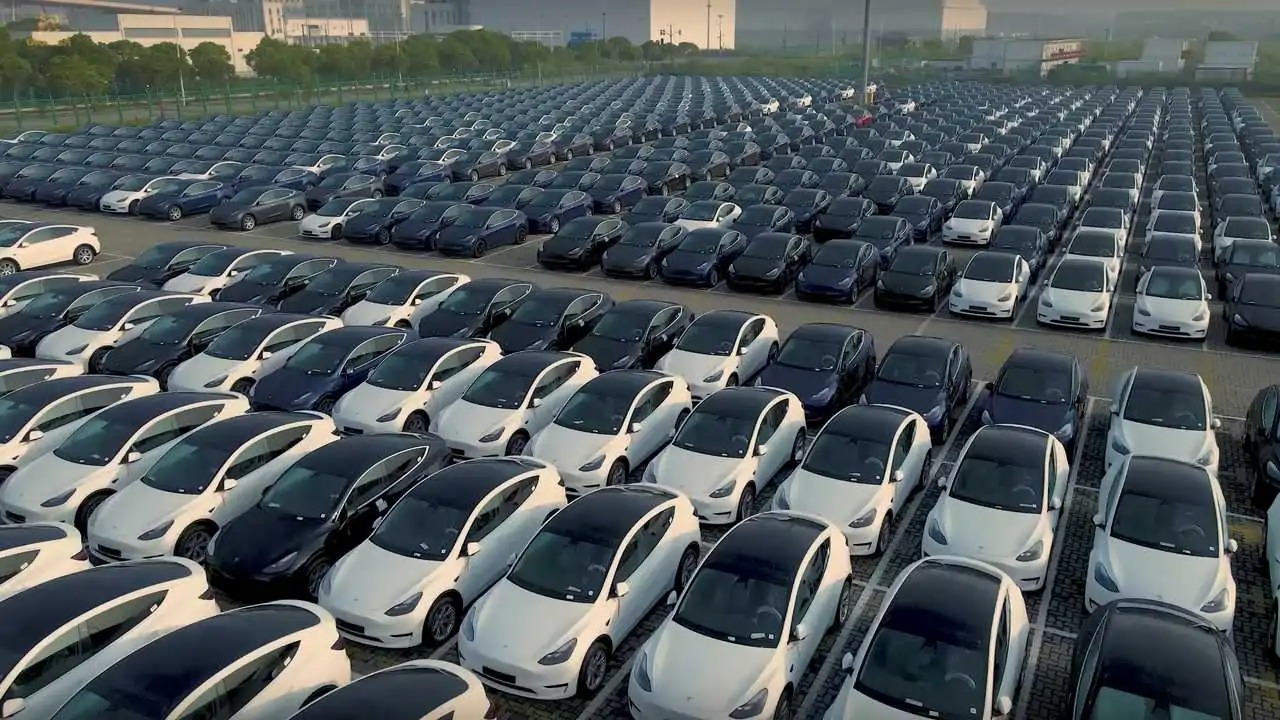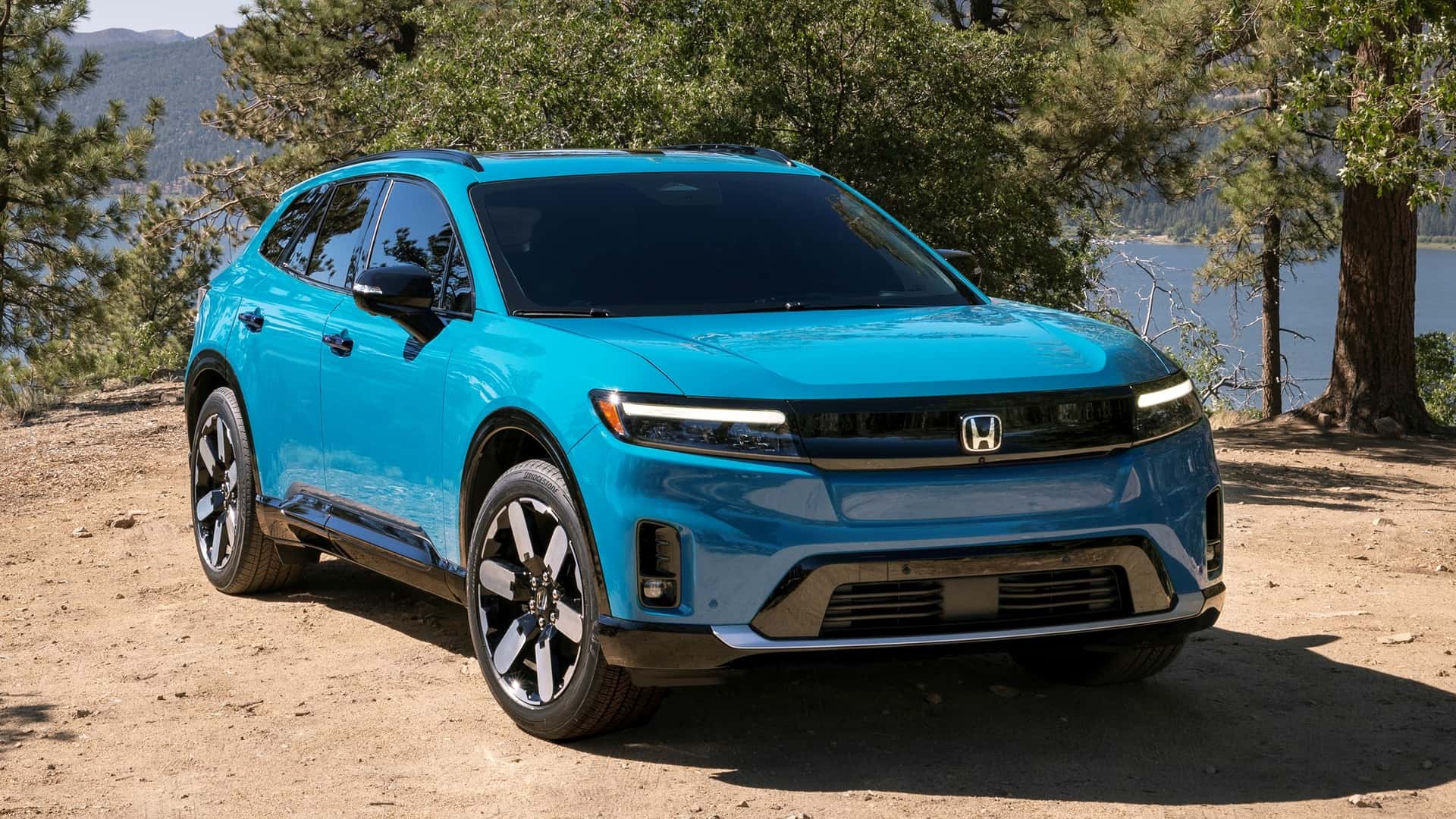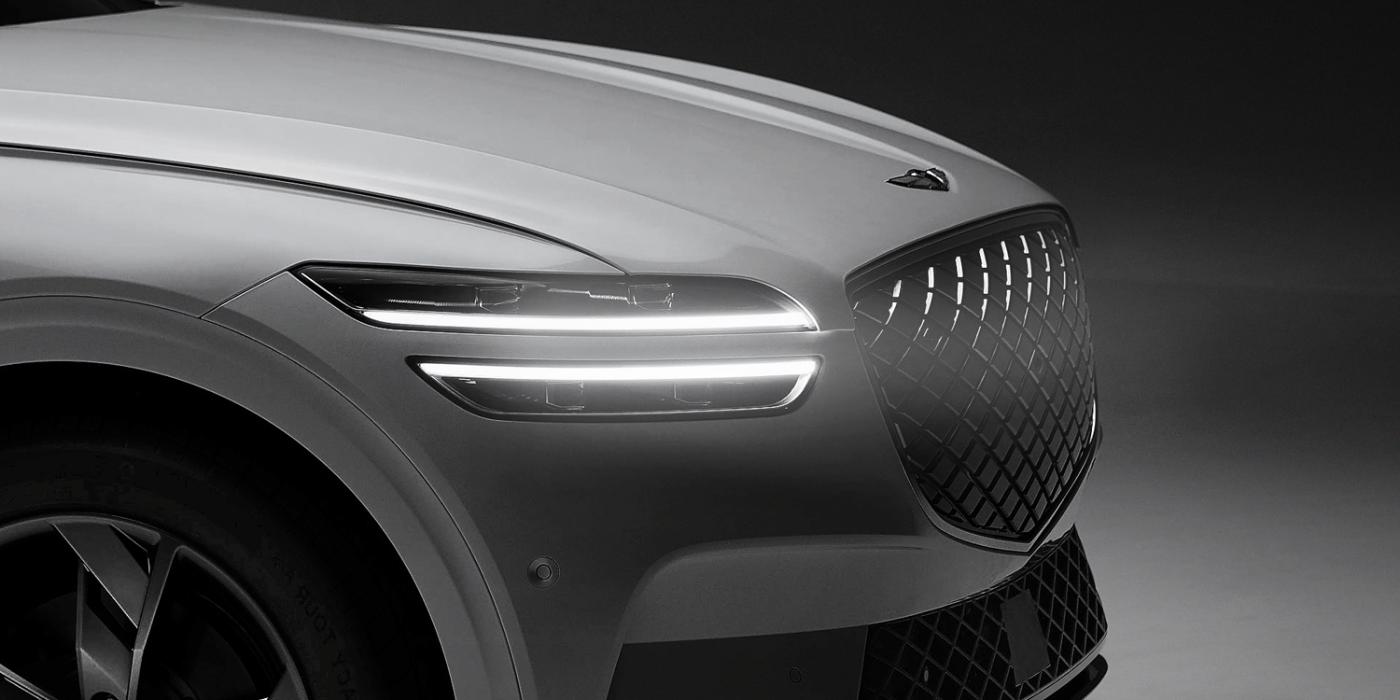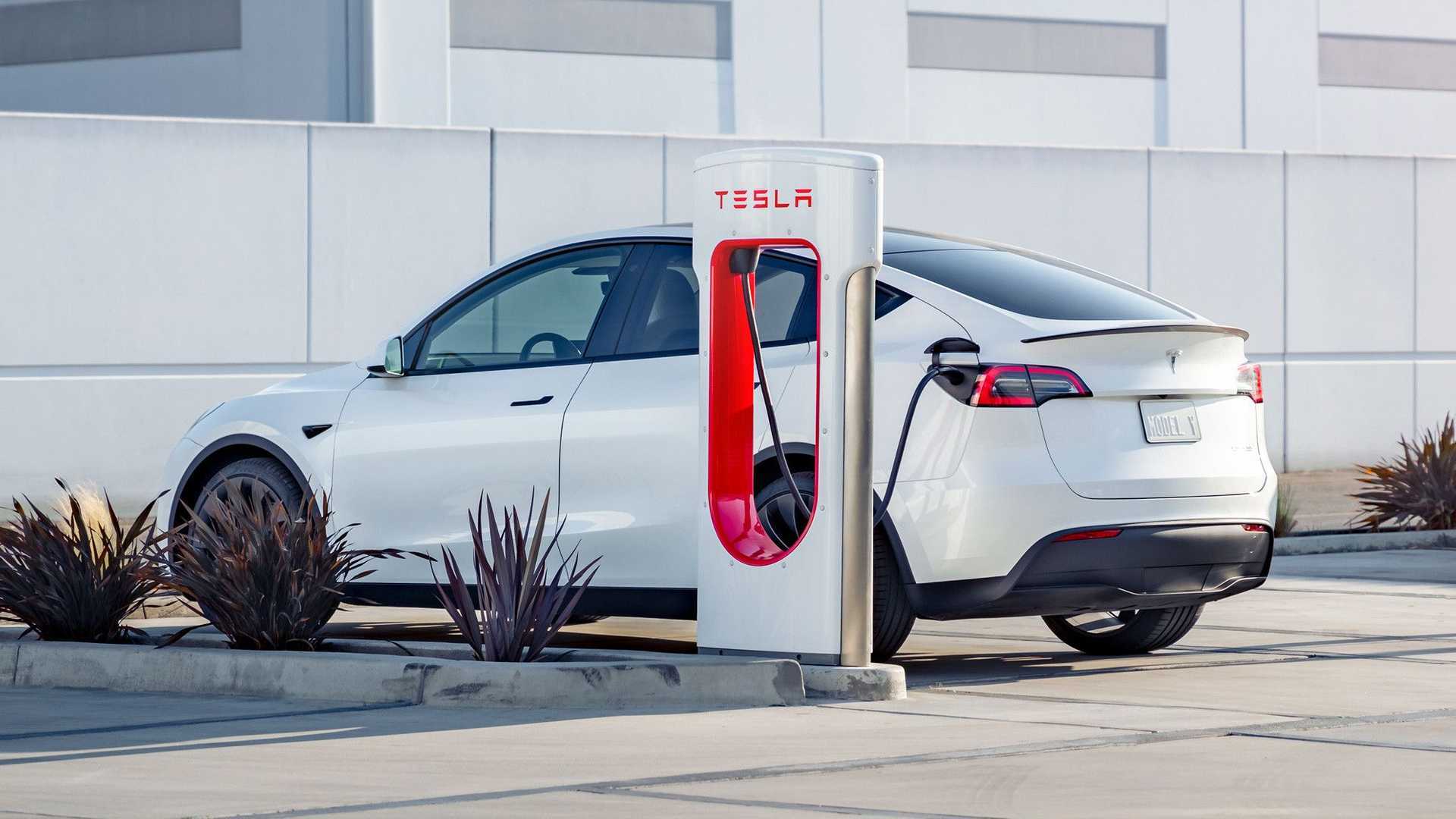Senior executives from Hyundai Motor (005380.KS) and Kia (000270.KS) are optimistic about the robust demand for electric vehicles (EVs) in the U.S., defying industry worries over inflation and higher interest rates. The executives provided insights ahead of the Auto Show in Los Angeles.
“I am still very bullish on the battery electrics,” stated Jose Munoz, Hyundai’s global chief operating officer. He noted that Hyundai’s EV sales were doubling year-over-year and highlighted the accelerated investments in the battery electric plant in Savannah, Georgia. Munoz emphasized, “We’re pushing as much as we possibly can to get it ready by October next year. If I had more capacity today, I could sell more cars.”
Kia, with a 34% ownership by Hyundai, shares a positive outlook. Steven Center, Chief Operating Officer at Kia America, affirmed, “We’re still growing organically despite the weather outside.” Center added that Kia was expanding into additional segments to propel EV growth, stating, “All things being equal, as they say in economics, we’ll continue to grow in volume, and the EV side will do most of the growing.”
Inflation and high interest rates have impacted the automotive industry’s costs, while EV manufacturers face challenges such as supply-chain bottlenecks and pricing pressure from Tesla. The average price for a new EV in the U.S. dropped to just over $50,000 in September from over $60,000 in January, leading to a 50% increase in EV sales in the third quarter.
Despite these challenges, industry leaders, including Tesla CEO Elon Musk, have expressed caution about expanding factory capacity in the current economic climate. Startups like Lucid (LCID.O) and Fisker (FSR.N) have revised their production targets for 2023, and Polestar adjusted its delivery forecast and margin guidance for the year.
Consumer insights firm the Langston Co. reports that about one in four Americans intending to buy a new car plan to choose an EV. However, Spencer Imel, a partner at Langston, noted, “As early adopters have converted, there is a lack of newly interested consumers to keep demand for the EV category high.”
Despite uncertainties, some industry players, like Subaru’s Chief Executive Atsushi Osaki, remain committed to the EV market. Osaki acknowledged potential short-term stagnation due to inflation but expressed confidence in the long-term, stating, “We believe that we’ll have the ability to have battery EVs make up for about half of our sales by 2030.”

